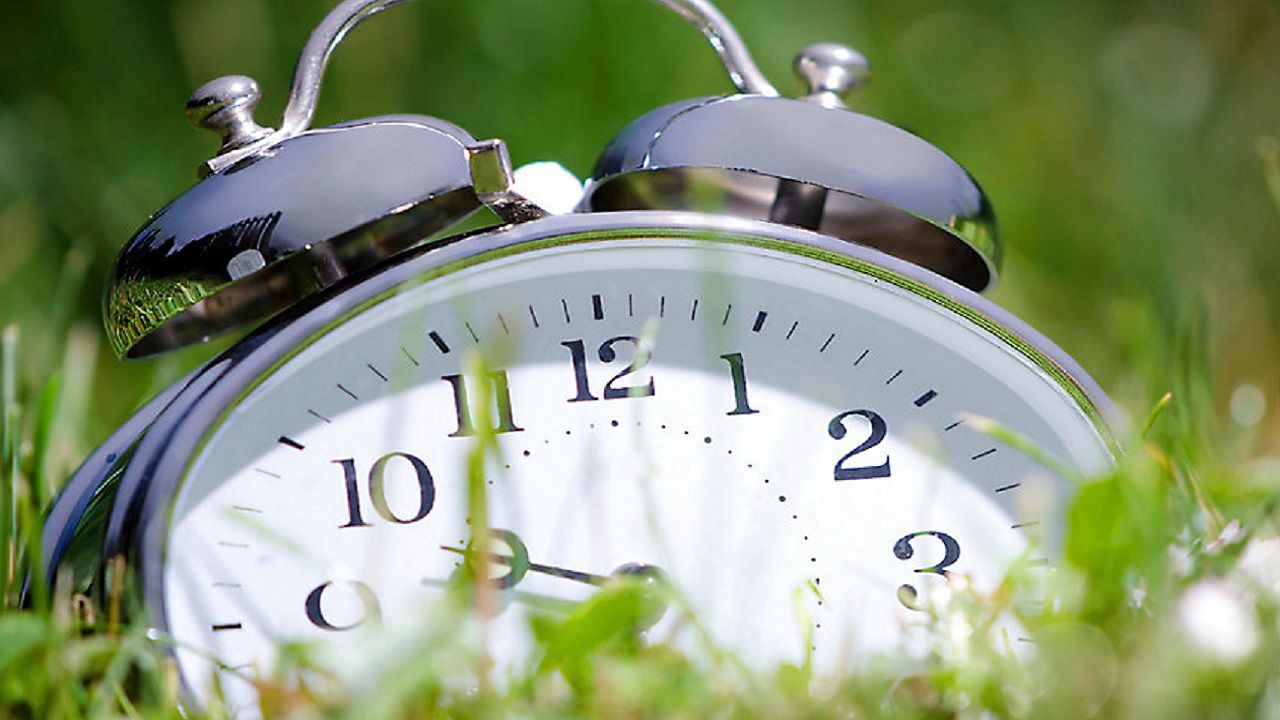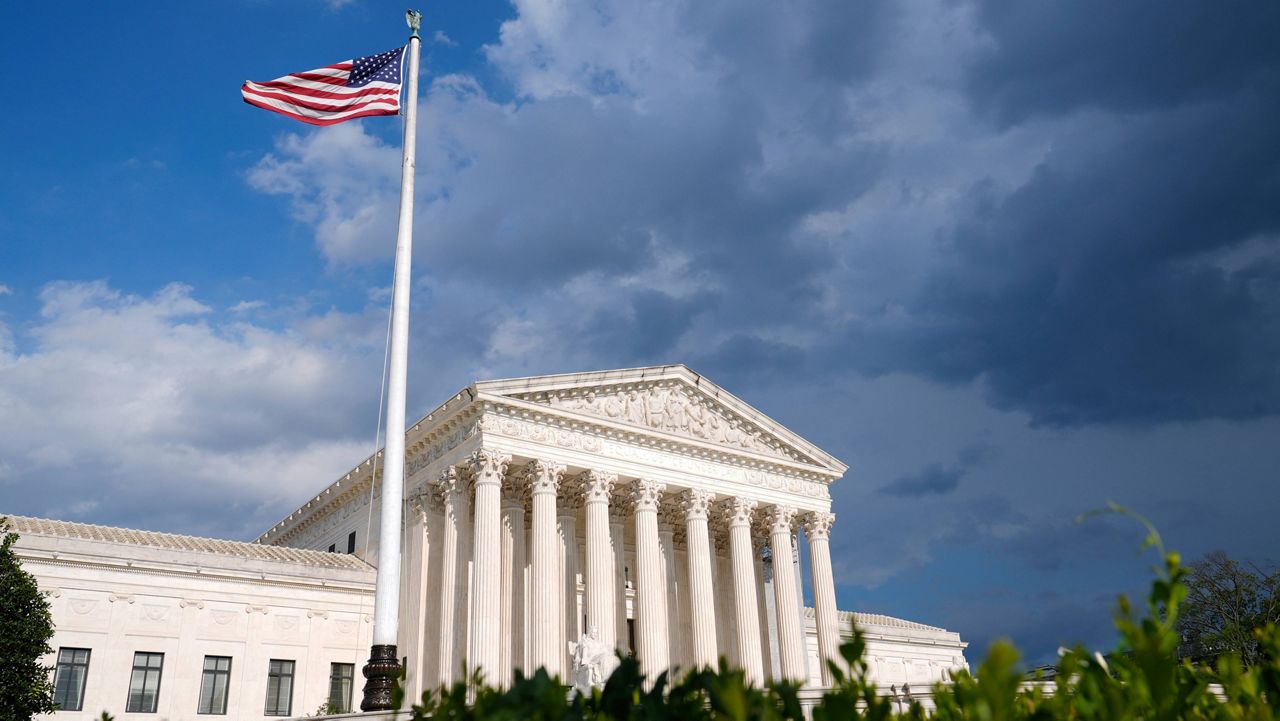Washington, D.C. -- It’s an issue that everybody seems to have an opinion on: a bill sponsored by Florida Senator Marco Rubio to make Daylight Saving Time permanent, ending the ritual of turning the clocks ahead one hour every spring, and back one hour each fall.
What You Need To Know
- The bill to make Daylight Savings Time permanent passed the Senate
- It's unclear if it will pass the House
- The committee hearing showed there was bipartisan support for the measure
By 6:00a.m., Waverly Woods Golf Club Superintendent Michael Bostian is usually at work to prepare the greens and fairways for golfers. The club in Maryland is open even during the winter, unless there's snow cover. But, if a new push to make daylight saving time permanent is successful, some early tee times may no longer be possible.
"I'd probably say the number one issue is just going to be during the wintertime. We'll have to adjust our start times to match up a little closer with the sunrise times, so starting at 6:00a.m. might not be reasonable anymore. We might have to start at 7 or 7:30 in the morning during the wintertime," said Bostian.
On the flip side, Daylight Saving Time would mean later sunsets during the late fall and winter, giving golfers more daylight in the late afternoon and evening to play.
The golf industry and other leisure businesses have long lobbied to make Daylight Savings Time permanent, believing the extra hour of sunlight at the end of each day is good for their bottom lines.
The National Golf Foundation says there are "notable seasonal and geographic differences" to consider telling Spectrum News, "Courses need light in the mornings for the groundskeeping crew to prepare the course for the day’s play. Golfers, of course, really like the longer days so they can get in more holes before the sun goes down. And with the extra evening light, course operators can accommodate more golfers/greens fee revenue."
The legislation to make Daylight Savings Time permanent, the Sunshine Protection Act, passed the Senate last month. It would get rid of the changing of the clocks in 2023.
Florida Senator Marco Rubio is the lead sponsor.
"My number one priority is to stop the switching back and forth, and then once you've decided you're only going to stick with one, you should probably stick with the one you use 36 weeks of the year. And, then I think there's the added benefit of that additional sunlight at the end of the day," Rubio said.
A house committee held a hearing on the legislation, but the fate of Rubio’s bill in the House is unclear.
"After that hearing, it seemed like there was some bipartisan support to move it forward, or at least a study bill, but my opinion is we should pass the Senate bill without delay," said Rep. Darren Soto (D) 9th Congressional District.
President Joe Biden has not said if he would sign the legislation.




